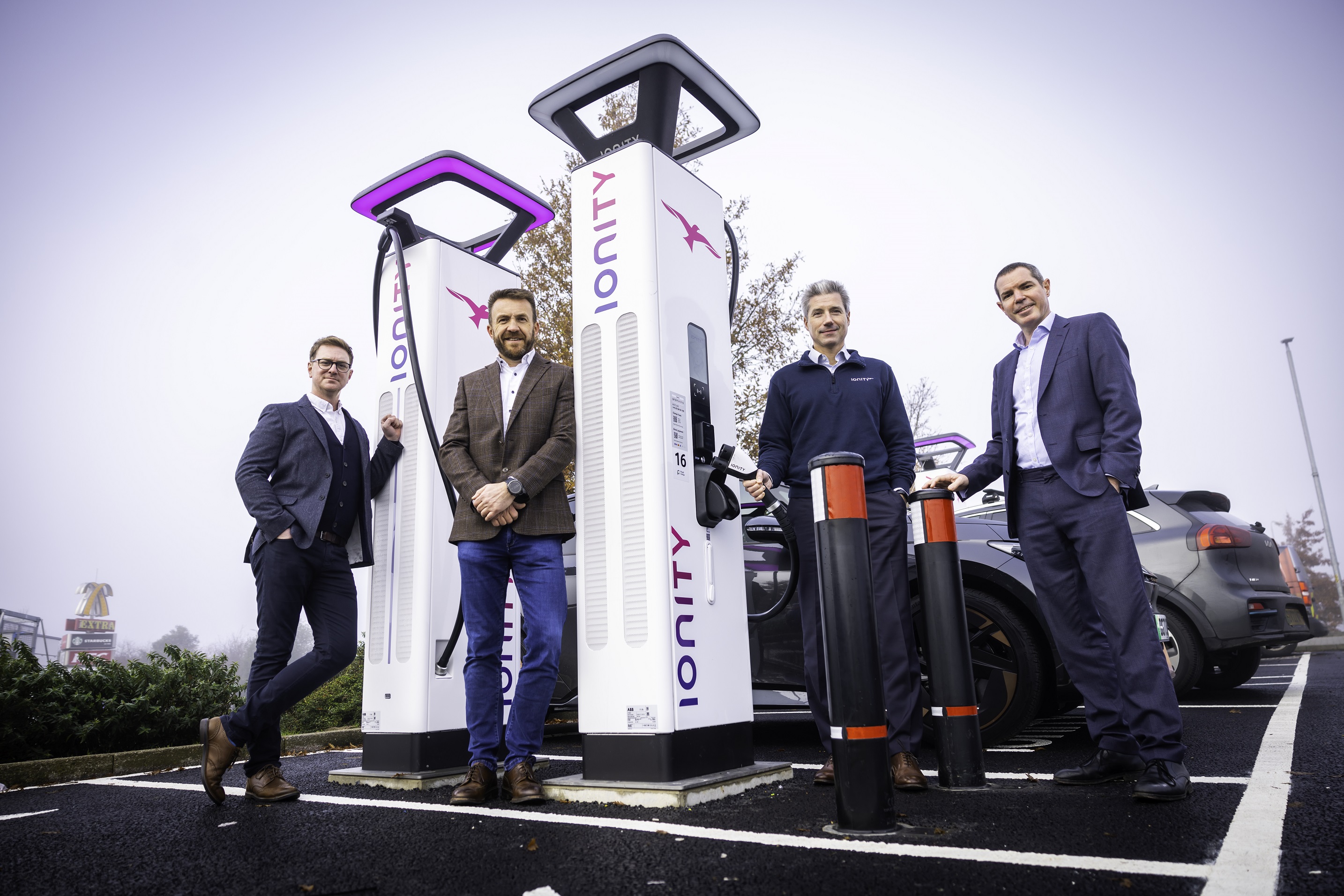An analysis of the FTSE All-World Index sees that a rebounding global economy, post COVID in 2021, saw the decline in emissions moderated, with typical firm-level emission reduction decreasing from five per cent to one per cent, and a quarter of reporting index constituents increasing emissions by at least ten per cent in 2021.
Written by the London Stock Exchange Group (LSEG) in partnership with the UN-convened Net Zero Asset Owner Alliance (NZAOA), the Decarbonisation in Equity Benchmarks analysis considers trends and measurement techniques for portfolio carbon exposure using the FTSE All-World Index as the reference benchmark.
The FTSE All-World Index as the reference benchmark, an index of over 4,000 large and mid-cap firms in developed and emerging economies, covering over 90 per cent of market capitalisation of listed equities globally.
It shows that reported emissions, based on a constant investment universe, remain relatively stable over time. When normalisation factors such as revenues or enterprise value are factored in, it becomes evident that the growth of companies over the last seven years has occurred with emissions from these companies staying roughly constant on a global level.
This, however, indicates a split between normalised and absolute emissions; it also highlights that the efforts to lower absolute global emissions were not as successful as required by the IPCC 1.5C scenarios.
A central finding in this year's report is the significant gap in decarbonisation rates between leading and lagging companies, as well as the asynchronous pace of decarbonisation between developing and emerging markets.
Latest News
-
DPD aims to raise £200,000 to grant wishes to 100 critically ill children
-
Training provider hands 20 charities grants to boost skills in their communities
-
Law firm links up with NGO body to support charities
-
Marks & Spencer donates 100m meals to good causes over last decade
-
Jewellers body offers grants of up to £50,000 to boost training
-
Agency overhauls community charity’s brand for free
© 2019 Perspective Publishing Privacy & Cookies









Recent Stories